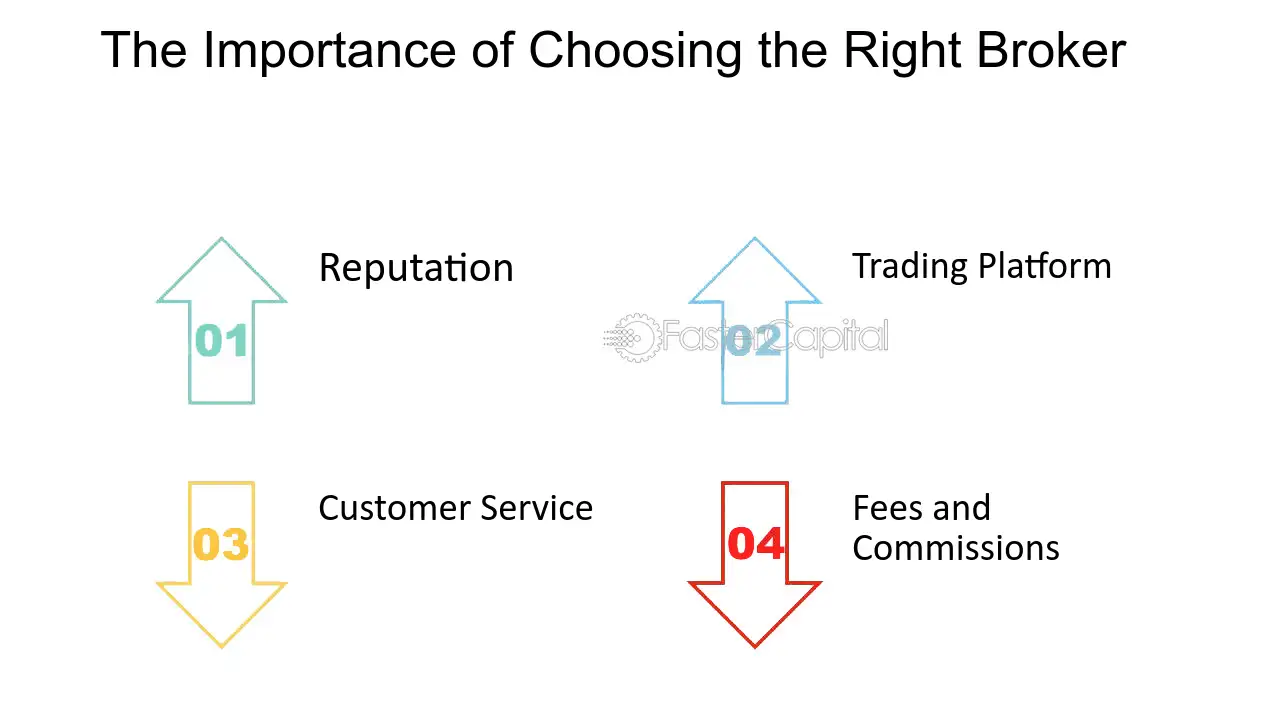When I started trading Forex, I spent more time comparing spreads and leverage than I did thinking about customer service. Big mistake. One Sunday evening, I got locked out of my MetaTrader account right before a major news release. My broker’s live chat was offline. No phone line. Just an automated email that replied, “We’ll get back to you in 48 hours.” I lost a trade I couldn’t exit, and a big chunk of trust in that broker.
In Forex, things move fast. And when issues pop up — and they will — support isn’t just helpful. It’s survival. Traders don’t just need low fees or fancy charts. You need someone *who picks up the phone*. That’s where great customer service changes the game.
- Why 24/5 and even 24/7 support is crucial in Forex
- Traits of support teams that actually help you trade better
- Red flags that scream “avoid this broker”
- How to test a broker’s support *before* you sign up
By the end of this guide, you’ll know exactly what to look for in a broker’s support team — and how it can mean the difference between a confident trade and a costly mistake.
What Role Does Customer Service Play in Forex Trading?
Forex is a 24-hour market. That means no off-days for problems. Whether you’re placing trades at 2 a.m. or cashing out profits on a Friday afternoon, things can go wrong. Server errors. Withdrawal delays. Trades that don’t execute. Without real-time help, those small issues can spiral into serious losses.
Real-Time Support in a 24/5 Market
Here’s what I learned fast: it doesn’t matter how sleek your broker’s app looks if there’s no one to talk to when it crashes. You need round-the-clock support. The best brokers offer at least 24/5 live service — Monday through Friday — and some even have weekend coverage.

I’ve dealt with a few brokers that only respond during business hours. But whose business hours? Mine, or theirs in Cyprus? Time zones matter. So do time-sensitive issues. If your broker can’t assist you when the London or New York sessions are active, that’s a problem.
Common Trading Issues Requiring Customer Support
Here are just a few examples of situations where support made or broke a session for me:
One time, I requested a withdrawal on a Thursday. Funds didn’t hit my account, and by Friday night, I was sweating. Support told me I’d have to wait until Monday. Another time, my chart feed froze during a USD news spike. I missed my entry. The broker apologized — four hours later.
Here’s a quick snapshot of common support-related issues:
| Issue | Urgency | Impact |
|---|---|---|
| Withdrawal delay | High | Capital locked, can’t reinvest |
| Login failure | Immediate | Missed trades, lost confidence |
| Chart or price feed error | Critical | Missed entries or exits |
| Trade dispute | High | Incorrect fills or slippage |
Qualities of Great Forex Broker Support
The best brokers don’t just answer. They solve. Fast. Respectfully. And with deep platform knowledge. A well-trained support agent isn’t just a help desk — they’re your trading lifeline when things get rough.
Multilingual and Global Support Access
Trading globally means traders come from everywhere — and speak all sorts of languages. I once mentored a trader in Brazil who struggled to understand her broker’s platform instructions because they only offered English support. That’s a missed opportunity, and honestly, a major flaw.

Top-tier brokers offer support in multiple languages, and you’ll feel the difference when you can ask a question in your native tongue — and actually understand the answer.
Support Beyond Technical Issues: Education and Trust
Great customer service isn’t just for emergencies. It’s a teaching tool. I’ve contacted support for everything from margin explanations to help setting stop-loss orders. The good ones didn’t just fix the issue — they walked me through it. Some even shared links to webinars or PDFs tailored to my question.
That kind of proactive guidance builds serious trust. If your broker educates you instead of just closing the ticket, that’s a keeper. It means they’re invested in your long-term success, not just your deposits.
Warning Signs of Poor Customer Support
Here’s the reality: not all brokers care about helping you. Some don’t even try to hide it. I’ve dealt with brokers who gave vague, copy-paste answers. Others took days — yes, days — to respond. A few even ghosted me after I complained about slippage. That’s not just annoying. It’s dangerous.

Red flags to watch for include:
- Slow or no response to support tickets
- Untrained staff who don’t understand Forex terms
- No escalation process for disputes or trade errors
If you’re experiencing these, start shopping for a new broker. Fast.
How to Evaluate Broker Support Before Signing Up
Here’s something I wish I did from the start — test the support before depositing a single dollar. Seriously. Brokers love showing off their platforms, but their support team tells you what kind of partner they really are. I’ve avoided more than one disaster broker just by sending them a live chat message or email and timing the response.
Using Demo Accounts to Test Response Time
Before going live, open a demo account. Then, ask support something technical: “How do I set up a trailing stop in MT4?” or “What happens if my margin level hits 50%?” Take note of how fast they reply, how detailed the answer is, and whether they sound like someone who actually trades. If they just copy-paste something vague, that’s your answer.
Reading Real Trader Reviews Focused on Support
I rely heavily on user reviews — especially ones that talk about support. Sites like Forex Peace Army and Trustpilot offer real-world insights. Look for patterns. If 10 people say support never replies, believe them. If you see praise for fast withdrawals or helpful live chat, that’s gold.
Trying Live Chat or Support Channels Before Depositing
Click that live chat button and just say “Hi, I have some questions about account types.” See what happens. A good broker will connect you to a real person in under 60 seconds. A bad one? You’ll wait or get pushed to email. Trust me, if they ignore you before you deposit, don’t expect a miracle after you do.

Final Thoughts: Make Customer Service Part of Your Broker Checklist
When I first started trading, I used to focus on spreads, bonuses, and leverage. These days? Customer service is at the top of my checklist. Why? Because the markets move fast, and when things go wrong, you need someone to help right away. Not tomorrow. Not when it’s convenient for them. Now.
Let’s go over what we covered:
- Forex runs 24/5, so your broker should too
- Support that teaches, not just answers, builds long-term trust
- Red flags like slow replies or vague answers are a deal-breaker
- You can test support before you open or fund an account
My final takeaway? Don’t just trade with a broker. Partner with one. And a real partner shows up when you need them most.
FAQ
What kind of customer support should a forex broker offer?
At a minimum, brokers should provide live chat, email, and phone support — ideally 24/5. The best ones go further with multilingual service, educational resources, and personalized help.
How fast should a forex broker respond to issues?
Top-tier brokers respond in under 5 minutes via live chat and within a few hours via email. If you’re waiting days for help, that’s a serious red flag. Fast response means they value your time and trades.
Can bad customer service cause you to lose money in trading?
Absolutely. If your platform crashes during a trade or your funds get stuck and support is slow or unhelpful, you can miss key entries, exits, or even get margin called. Great support prevents that.
